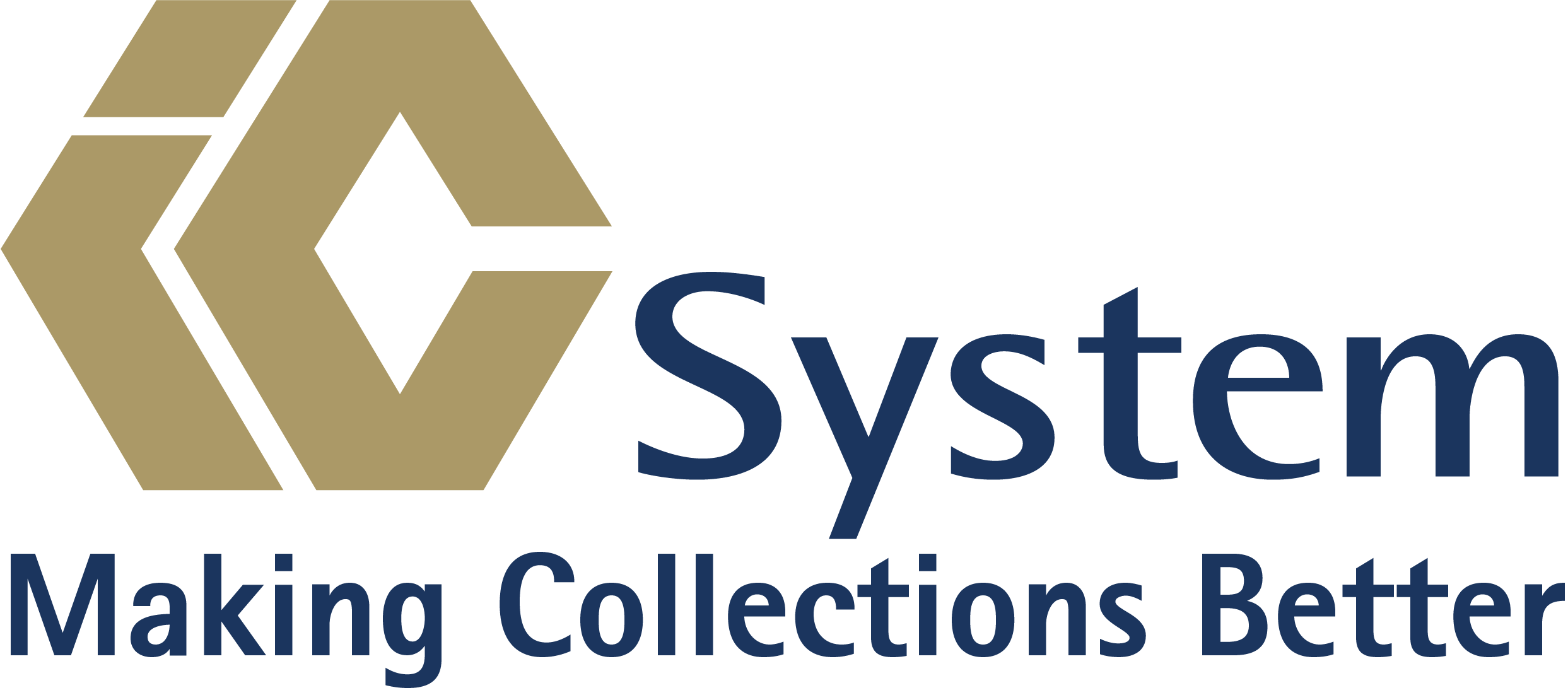What Regulation F Means for Collection Agencies and Creditors

The Consumer Financial Protection Bureau (CFPB) has implemented new rules, known as Regulation F, requiring collection agencies to obtain additional information from creditors sending past-due accounts for collection. The Rule’s effective date is November 30, 2021.
Regulation F has impacted the collection industry and raised many questions about what comes next, especially among creditors who use collection agencies to recover their past-due accounts. Below, we summarize some of the Regulation F changes and discuss how they may affect creditors.
Background to the CFPB’s New Requirements
In late 2020, the CFPB issued part one and two of its debt collection rules, known as Regulation F, under the Fair Debt Collection Practices Act (FDCPA). The rules cover a range of topics, including harassment and abuse; unfair, deceptive, or abusive acts or practices; the frequency of communication; acquiring and managing consent for methods of communication; and requirements of debt collectors to provide specific information to consumers at the start of the debt collection process.
Under the FDCPA, debt collection agencies must send consumers a written validation notice about the debt they are trying to collect within five days of speaking with the consumer and prior to credit reporting the account. This notice includes the amount owed, the original creditor, and a statement that the debt is valid unless the consumer disputes it in writing within 30 days.
Regulation F supplemented these requirements by requiring additional debt validation information to the letters. Moreover, the CFPB supplied a sample form letter (or model initial notice) for collection agencies to use as the new validation notice to avoid consumer confusion.
New Information Requirements for Debt Placement
Regulation F requires the following new information to be provided to consumers on new past-due account placements:
- The itemization date, meaning the date the debt was incurred, charged-off, the judgment date, or the last payment or statement date;
- Any fees or interest added to the debt’s principal balance between the itemization date and the notice date; and
- Any payments or credits applied to the balance between the itemization date and the notice date.
Effective November 30, 2021, the CFPB requires that creditors must provide an itemization date for the debt when placing new accounts for collection. The itemization date must be a date that a consumer will recognize and associate with their debt. For example, use the debt incurred date, court judgment date, or last payment date. Most creditors already provide an itemization date for the debt when sending accounts to collection, so for them, no additional action is necessary to comply with this requirement. The major change is that this date will now be listed as the debt’s itemization date on the written validation notice.
In addition to providing an itemization date for the debt, creditors must itemize transactions from that date to the date of the notice. Transactions include interest, fees, credits, and payments. Interest and fees must be broken out as separate line items while payments and credits are included on the same line.
The new information is designed so consumers won’t feel confused by the initial collection notice. Consumers will be better able to resolve or dispute their accounts by having information included in the collection agency’s initial letter.
What should your business do to prepare?
These changes are effective for new accounts placed with collection agencies on and after November 30, 2021.
To prepare for the CFPB’s new requirements, IC System recommends developing an internal process to gather the additional data required by Regulation F.
In addition, although the FDCPA regulates debt collectors and not necessarily creditors, IC System recommends that every creditor ensure their collection partner is compliant with the new regulations. This includes ensuring that your collection agency is gathering the newly required information and using the CFPB’s suggested form letter.
Listen to IC System’s Corporate Counsel and Chief Compliance Officer discuss Regulation F on our podcast, Closing the Books, for more information on this topic.
About the Author: Eric Johannes








